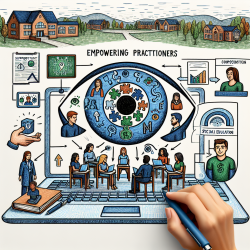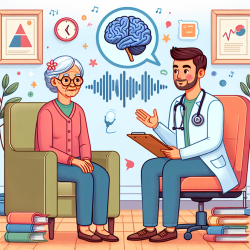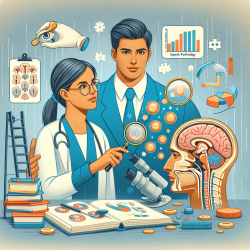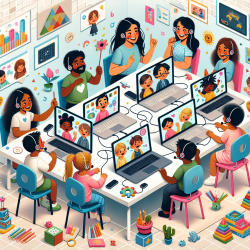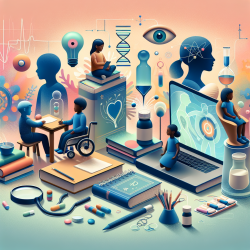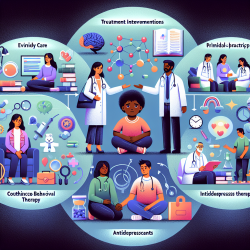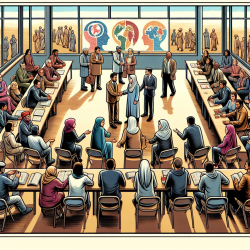The transition to college can be challenging for any student, but it presents unique difficulties for those with Autism Spectrum Disorders (ASD). According to a study titled "Students with Autism Spectrum Disorders and Their First-Year College Experiences," first-year college students with ASD face significant hurdles that can affect their academic and social success. Here, we explore key findings from this research and offer practical recommendations for practitioners working with these students.
Understanding the Challenges
The study found that students with ASD often experience:
- Higher rates of loneliness, anxiety, and depression compared to their peers.
- Lower engagement in risk-taking behaviors and underutilization of support services such as health services and the writing center.
- Social impairments, communication difficulties, and repetitive behaviors that can complicate their college experience.
Key Findings
The research highlighted several critical areas where students with ASD differ from their peers with learning disabilities (LD):
- Demographic Characteristics: Students with ASD are more likely to be male and from diverse ethnic backgrounds compared to students with LD.
- Support Services: Students with ASD are less likely to use health services and the writing center but more likely to use disability-specific support services.
- Social Interactions: Students with ASD interact more with family and close friends rather than faculty and academic advisors.
Practical Recommendations for Practitioners
To improve the first-year college experience for students with ASD, practitioners can implement the following strategies:
Early Identification and Support
Identifying students at risk of dropping out early can lead to timely interventions. Offer personalized tutoring, counseling, and mentoring programs to provide the support they need.
Encourage Disability Disclosure
Encourage students to disclose their disabilities to access necessary accommodations. Create a welcoming environment where students feel comfortable discussing their needs.
Enhance Faculty Training
Provide training for faculty on the unique needs of students with ASD. This can include understanding ASD characteristics and implementing universal design for learning principles.
Promote Social Engagement
Facilitate peer-mentoring programs and social groups that help students with ASD build relationships and improve their social skills. Programs like the Communication Coaching Program (CCP) have shown positive results in enhancing social communication skills.
Utilize Technology
Leverage online platforms and tools to offer flexible support options. This can include virtual counseling sessions, online peer groups, and digital resources for academic assistance.
Encouraging Further Research
While this study provides valuable insights, there is a need for further research to better understand the specific needs of students with ASD in higher education. Practitioners are encouraged to stay informed about the latest research and continuously adapt their practices to better support these students.To read the original research paper, please follow this link:
Students with Autism Spectrum Disorders and Their First-Year College Experiences.
